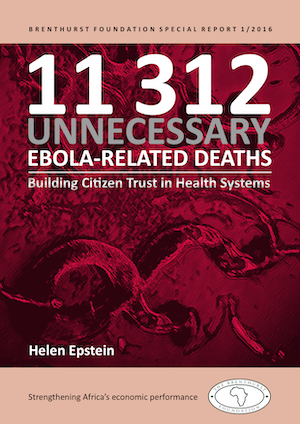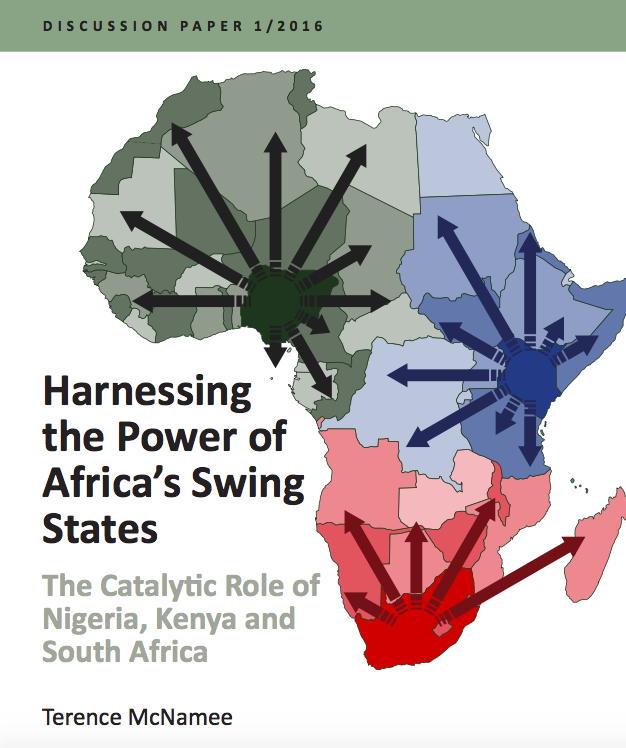Publications
11 312 Unnecessary Ebola-Related Deaths
Every year it seems, a new global health crisis emerges. Today, Zika virus sows panic throughout Latin America and may soon spread north. In 2014-5, it was Ebola, which killed 11 312 people in the West African nations of Liberia, Sierra Leone and Guinea in just 18 months. Why aren’t we better at preventing these epidemics? Why do we lurch from crisis to crisis and lapse into complacency in between?
On 31 March 2016 an international group of public health experts gathered at the Carnegie Council for Ethics in International Affairs in New York for a meeting convened by the Hanna Arendt Center of Bard College to consider these questions, by assessing the response to the West African Ebola epidemic.
In addition to discussing flaws in the response to the West African crisis, participants also debated three bold international initiatives that will help avoid future epidemics: Vaccines, Health System Strengthening to improve health-care delivery in developing countries and the Global Health Security Agenda, a vast international partnership among nations and international organisations and NGOs to prevent and respond to emerging threats.
A fourth approach, using diplomatic measures to foster respect for human rights and better governance in order to inspire popular trust in government and foster more effective health promotion, was also discussed.
About the Author
Helen Epstein is visiting Professor of Human Rights and Global Health at Bard College. She is a writer specialising in public health and has advised numerous organisations, including the United States Agency for International Development, the World Bank, Human Rights Watch, and UNICEF. She is the author of The Invisible Cure: Why We Are Losing the Fight Against AIDS in Africa and has contributed articles to many publications, including the New York Review of Books and the New York Times Magazine.



